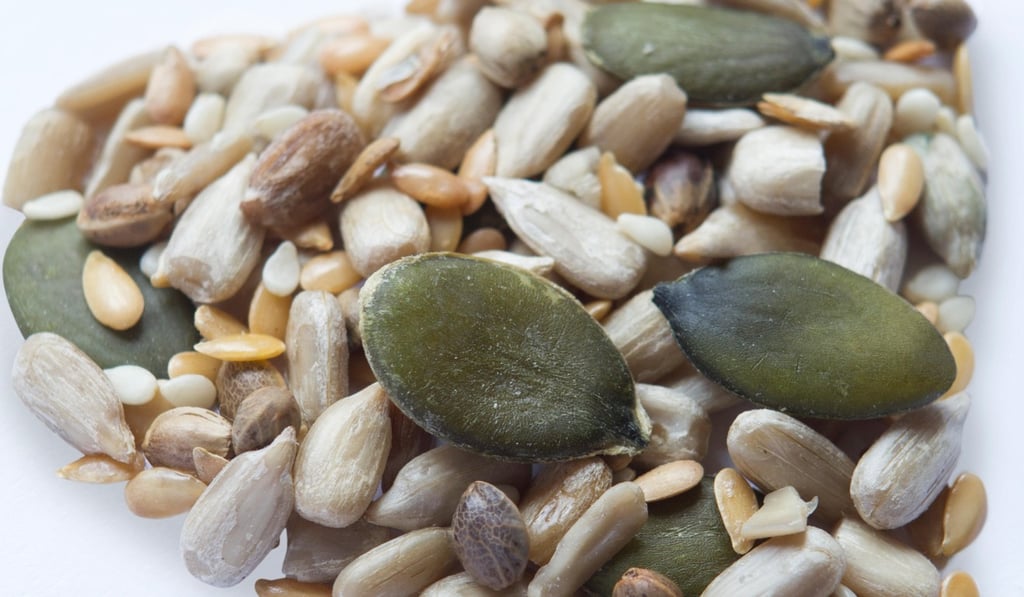Autoimmune disease: how an anti-inflammatory diet and regular exercise can tame symptoms
- Obesity and unhealthy eating have been linked to autoimmune diseases including MS, rheumatoid arthritis and psoriasis
- Anti-inflammatory dietary choices provide the right nutrients to help prevent these problems

An estimated 23.5 million Americans, including my husband, and millions more people worldwide, suffer from an autoimmune condition – and their numbers are growing, though researchers don’t know why.
You’ve likely heard of the most common autoimmune diseases – including type 1 diabetes, rheumatoid arthritis, multiple sclerosis, lupus, coeliac disease, psoriasis, inflammatory bowel syndrome and Crohn’s disease – but you might be unaware that there are more than 80 named but lesser-known types. Through working as a nutritionist and living with my husband, I’ve learned the importance of diet in battling these disorders.
A healthy immune system can plainly distinguish between a foreign invader and its own body. When something inhibits the immune system’s ability to decipher what is safe and what is dangerous to the body, the immune system can attack its own healthy cells and tissues believing that they are threatening. This self-attack is an autoimmune condition.
What causes an immune system to attack its own healthy cells is still largely unknown, but according to the US National Institutes of Health, “there is a growing consensus that autoimmune diseases likely result from interactions between genetic and environmental factors”.

There are studies that show that certain genes can predispose a person to certain autoimmune diseases, and this is why many autoimmune diseases show up in one family, as they do in my husband’s family, where vasculitis, rheumatoid arthritis and alopecia all reside.